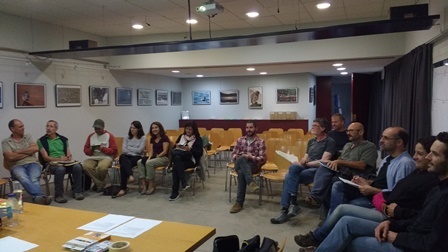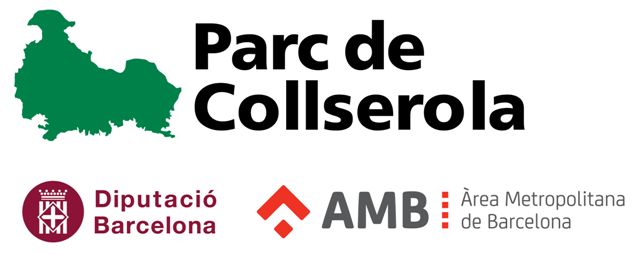Case Study
Transition to agroecology in Collserola Nature Park enhanced with a participatory process
Contact name
Joan Vilamú Viñas
Institution name
Collserola Nature Park
Region & country
Catalonia, Spain
Summary
In order to promote the transition from conventional agriculture to agroecology a participatory approach is followed in order to best guarantee the success of this initiative.

Teresa Pastor
Collserola
Background of the project
During last 50 years, agriculture has been progressively abandoned in Collserola because of the low productivity of the crops and the low profit obtained.
Today, the Park of Collserola is mainly covered by forest. This reduces habitats diversity. Open spaces, like agricultural fields, are key for maintaining high levels of biodiversity because a certain number of species are highly dependent on open spaces for shelter or forage.
To revert this situation, Collserola has been working, since 1988, on the recovery of agricultural activities as a way of maintaining open spaces. After many studies, experiences and contacts maintained with the few remaining farmers, an Agricultural Plan was approved in 2013 as a strategy to recover agricultural activities.
The Park of Collserola cannot maintain open spaces (because of its high costs) . Therefore, there was a need to promote the recovery of agricultural activities as a tool to maintain open spaces. Since Collserola is a nature park, these agricultural activities must follow agroecological methods in order to protect and promote biodiversity.
Solution and actions taken
For that, it was decided to foster transition from conventional agriculture to agroecology.
- To contact with the University of Barcelona (in charge of the Master on Local Organic Farming Dynamisation) to design a participatory process in order to ease the way to the transition to agroecology.
- Participatory process with the final aim of obtaining an Action plan
– Phase 1 (2016). Involvement of farmers through several participatory processes
– Phase 2 (2017) : Involvement of local stakeholders (administration, consumer associations, neighborhood associations) - Implementation of the Action plan
– Phase 3 (2018- 19) : The participory process will continue in order to to support farmers in their activities. - Assessment of the Action plan
– Phase 4 (2020): Evaluation of the action plan and introduction of adaptative measures, if needed
Other institutions or parties involved
- Arran de Terra (as dynamizers)
- Municipalities with land in Collserola Park
- Associations of consumers
- Farmers
Results
Farmers now know each other and do networking among them (share machinery, permute land, etc.)
Challenges
- The main difficult was that at the beginning of the process, there were very few farmers and furhermore, they did not know each other.
- The precariousness of farmers ( scarce resources, low incomes, lack of water and infrastructure)
Lessons learned
- The agriculture sector has many shortcomings
- There are not many processing activities for the cultivated products.
- There are no good marketing channels
Contact name
Joan Vilamú Viñas
Institution name
Collserola Nature Park
Website(s)
